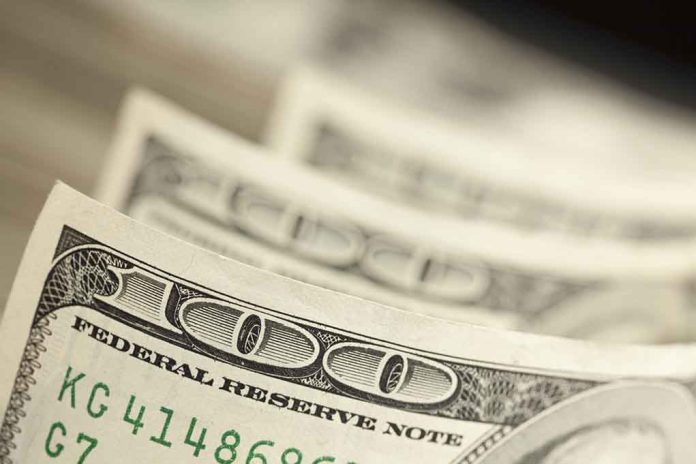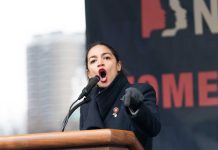
Kamala Harris’s presidential campaign faced intense scrutiny following financial extravagance, despite a high-profile endorsement from Oprah Winfrey.
At a Glance
- The campaign paid approximately $2.5 million to Harpo Productions for a livestreamed event.
- Despite rapid fundraising, the campaign’s spending resulted in $20 million debt.
- No personal payments were made to Oprah for her endorsement.
- The campaign drew criticism for lavish expenditures and comparison to Trump’s fiscal management.
Financial Decisions Impact Campaign
Kamala Harris’s campaign financed a $2.5 million production fee to Oprah’s Harpo Productions for a September event. The substantial spending did not extend to paying Oprah personally, as Harpo handled set amenities essential for the event’s success. While Oprah confirmed the absence of personal compensation, the financial burden raised eyebrows within conservative circles concerned about fiscal discipline.
Despite securing $1.5 billion in fundraising over merely 15 weeks, Harris’s campaign faced criticisms of wastefulness. Expenses included $9,000 on luxury ice cream and $15,000 on food deliveries. These instances fueled debates about economic efficiency. Allegations of $20 million spent on celebrity endorsements persisted despite denials and labeled them as “event production” on the Federal Election Committee.
Harpo Productions denied knowledge of any such payment from the Harris campaign, saying, “Oprah Winfrey was at no point during the campaign paid a personal fee, nor did she receive a fee from Harpo.”
Isn't paying someone to endorse you as a political candidate … bribery? https://t.co/g5psGh3jWf
— Jay W. Richards 🇺🇸 (@DrJayRichards) November 11, 2024
Implications of Excessive Spending
The expenditure on the campaign contributed significantly to a staggering $20 million debt burdening the Democratic Party. Contrasts have emerged with Trump’s more restrained financial strategies, using around $720 million effectively for broader reach. Trump’s initiatives included popular appearances, underscoring strategic fiscal management compared to Harris’s celebrity-heavy approach.
Kamala Harris relied on high-profile backing from celebrities like Beyoncé and Lady Gaga, who received no payments. The campaign’s inflated spending on events rather than advancing substantive political promises drew critiques, especially in a climate where economic policies topped voter concerns.
Oprah Winfrey denies being paid to endorse Vice President Kamala Harris amid campaign finance controversy. https://t.co/dWvWxclUmV
— 103.5 The BEAT (@1035TheBEAT) November 12, 2024
Ramifications and Reflective Analysis
The costly financial decisions during Harris’s campaign magnified apprehensions regarding fiscal responsibility in government administration. Amid rising campaign debt, there is intensified scrutiny on efficient fund usage. The ongoing dialogue spotlights fiscal stewardship pertinent to national sustainability and political foresight.
Questions over efficient financial stewardship in politics continue to evoke discussions. Kamala Harris’s approach contrasted sharply against sound fiscal strategies enacted successfully during Donald Trump’s campaign, accentuating differences in budget utilization reflective of prospective leadership styles.













